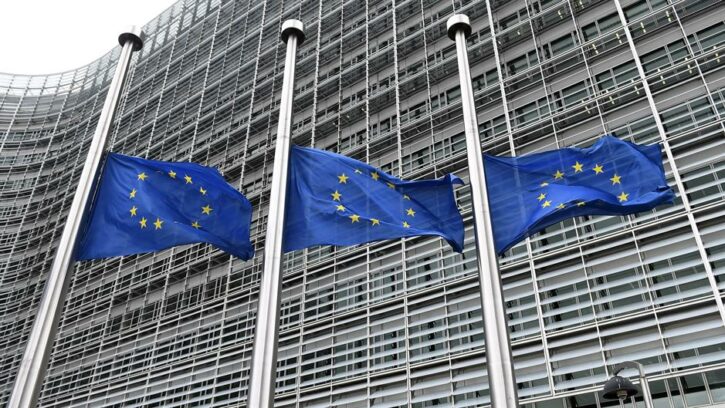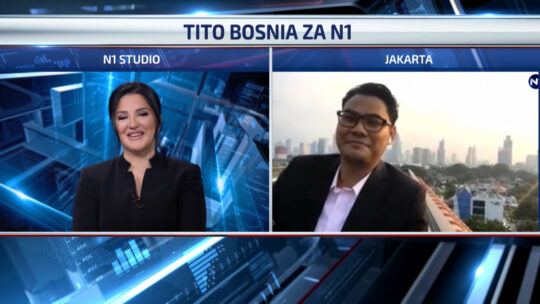
The European Commission unveiled a plan for a gradual lifting of pandemic measures on Wednesday, which set out criteria for Europe's return to normal life.
The European Commission said that although restrictions on movement introduced by member countries have saved thousands of lives, they come at a very high cost for Europe's society and economy.
Returning to normalcy after the coronavirus crisis will require a carefully coordinated European approach based on science and the spirit of solidarity, Health Commissioner, Stella Kyriakides, said.
She added that the easing of restrictions would be “long and gradual” and that the consequences of the crisis would be felt for a long time. It will, therefore, be necessary to get used to living with the virus until an effective vaccine is found, Kyriakides said.
The European Commission said that decisions on when restrictions will begin to be relaxed need to be based on three criteria which will be closely monitored.
The first one is epidemiological, meaning that the spread of the disease must show to have been significantly slowed down and stabilised.
The second criterion is for health care systems to have sufficient capacity to assist patients, which includes intensive care beds, and the availability of medical workers and medical equipment.
The third criterion refers to the monitoring of the disease, which includes mass testing, in order to quickly isolate any newly infected persons.
President of the European Commission, Ursula Von der Leyen, warned that the rolling out of the plan does not constitute the beginning of easing of restrictions, as these are regulated by authorities in each member country.
Follow N1 via mobile apps for Android | iPhone/iPad | Windows| and social media on Twitter | Facebook.




